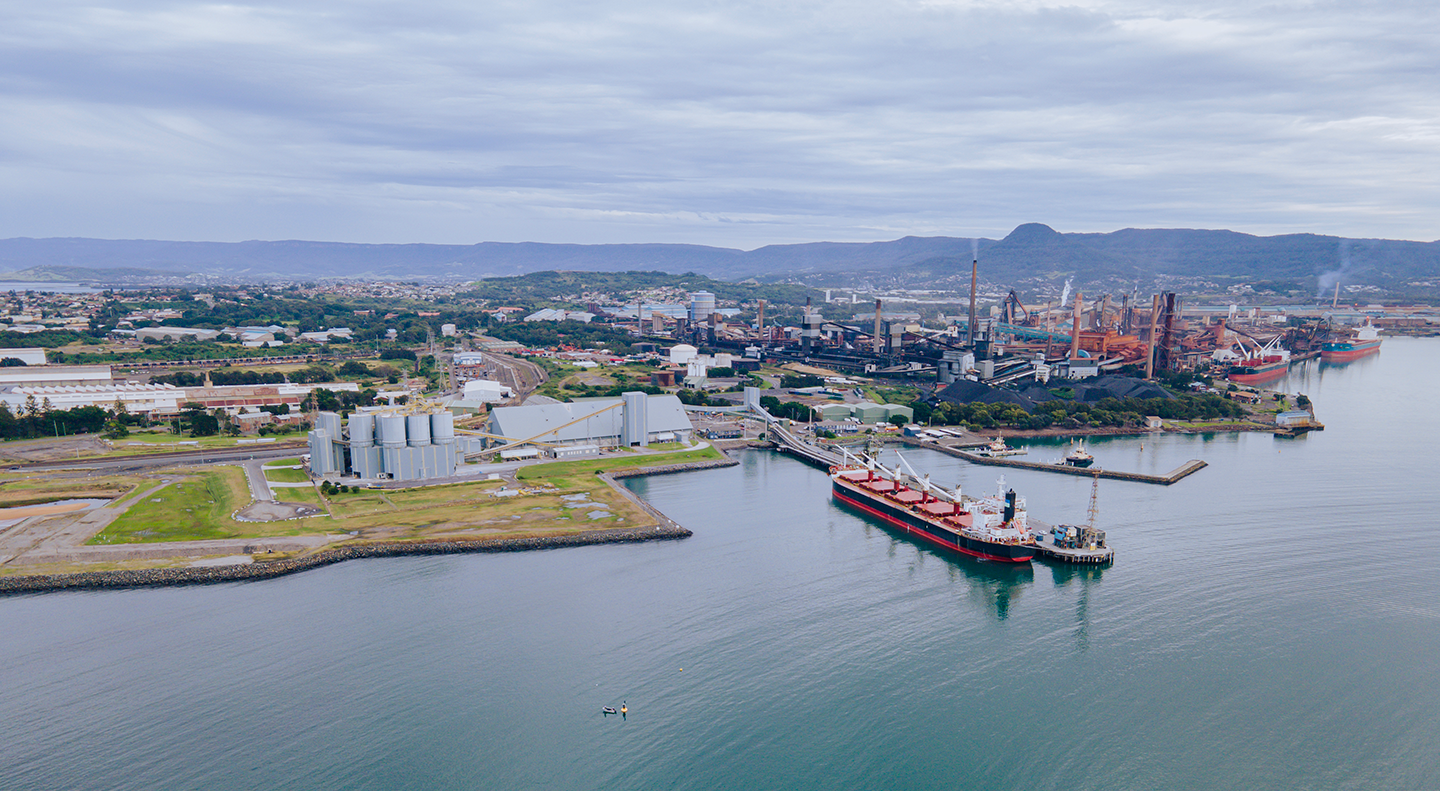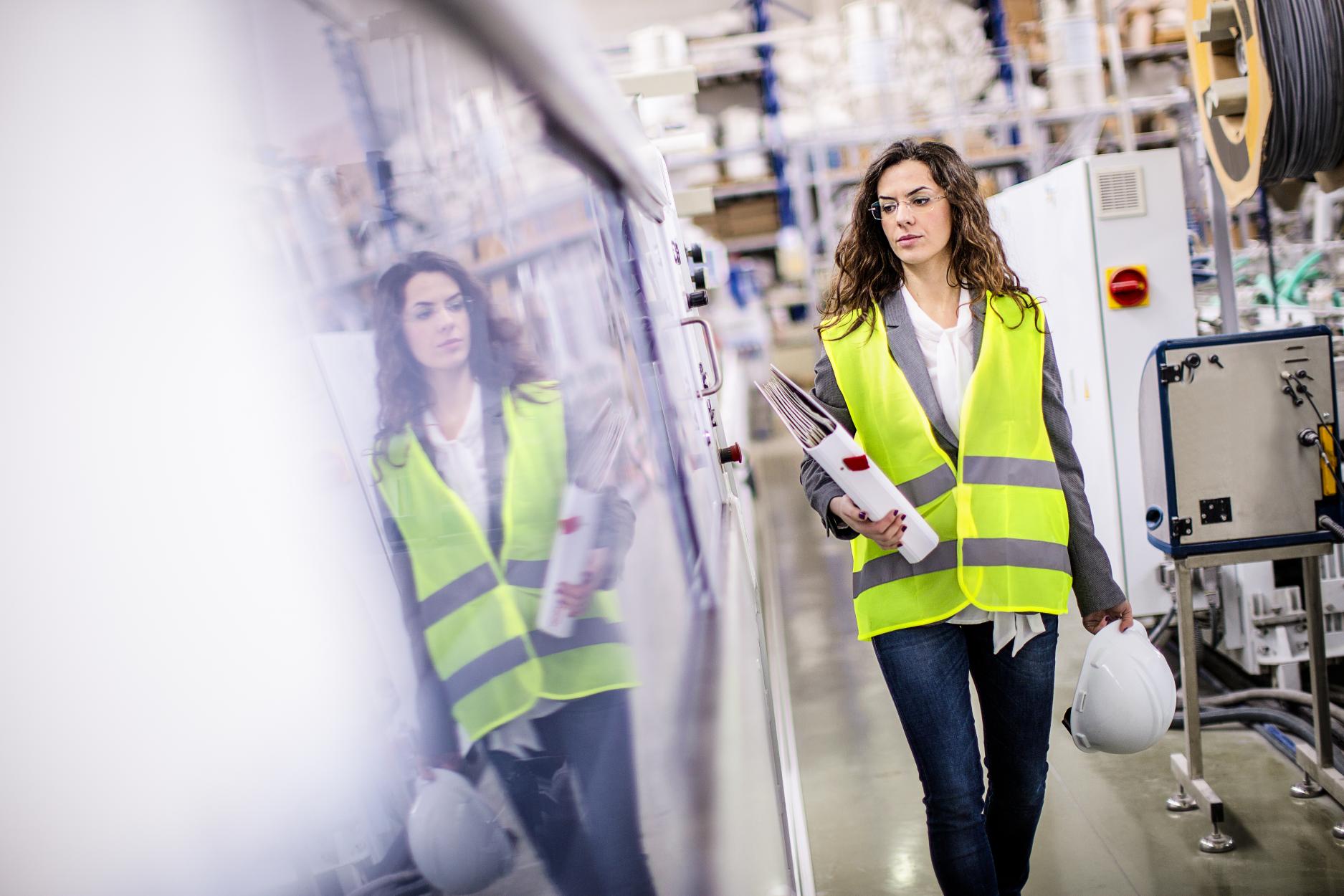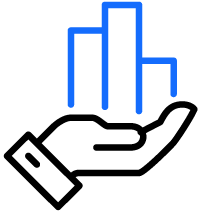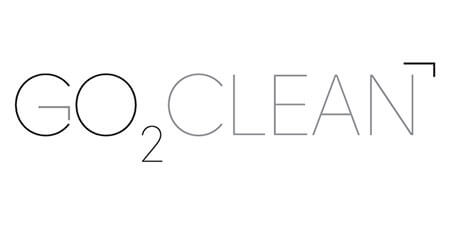About the industrial decarbonisation plans
We are investing $55 million into the Hunter and Illawarra to help accelerate their shift towards innovative clean technologies. This will open up huge economic growth and secure the regions’ low carbon economic futures.
The first step is developing industrial decarbonisation plans for the Hunter and Illawarra. We’re working with mining and manufacturing industries, clean industry experts and regional partners to help design tailored and actionable plans for each region.
The plans will harness local expertise to:
- prioritise co-investment in shared low carbon infrastructure and technologies
- create a network of stakeholders committed to working together to implement and promote industrial decarbonisation plans
- support knowledge sharing between clean industry experts and high-emitting businesses.
Decarbonising mining and manufacturing industries in the Hunter and Illawarra is vital to reaching our legislated goal of net zero by 2050.
Benefits of industrial decarbonisation plans for the Hunter and Illawarra
Fast-track industry take-up of clean technologies to help reach their emissions reduction targets.
Increase global competitiveness by securing local supply chains and expand onshore industry.
Attract and create new low carbon industries, jobs and skills.
Improve the regions' economic futures by attracting domestic and international investment.
Reduce emissions to combat climate change and protect the health of our planet and communities.
Emissions baselining
Establish the current emissions of both regions and develop future emissions forecasts should no decarbonisation activities occur.
System modelling
Identify the impact of emerging regional decarbonisation initiatives (renewables, hydrogen) on future emissions in the regions and recommend the best technologies to support high emitters to decarbonise.
Market, policy and regulatory assessment
Identify potential market, policy and regulatory barriers to achieving decarbonisation and develop recommendations to mitigate these risks.
Investment opportunities and workforce requirements
Prioritise investment opportunities for government and industry to deliver decarbonisation projects. Define workforce capacity and understand what is needed more.
Pathways and implementation plans
Establish a viable set of pathways to decarbonise the industrial sectors in the regions, addressing key enablers, barriers, actions and risks to achieve net zero.
Establish implementation plans to deliver the decarbonisation pathways.
Engagement and promotion
Build strong collaboration between stakeholders to ensure a broad range of input for each region and ensure commitment to delivering the industrial decarbonisation plans.
Go2Clean represents diverse experience in sustainability, engineering, supply chain analysis, economic modelling and manufacturing.
Go2Clean is building strong alliances with regional stakeholders, capturing local knowledge to design targeted and actionable plans for the Hunter and Illawarra regions to decarbonise at scale and speed.

Frequently asked questions
The Hunter and Illawarra Industrial Decarbonisation Plans will coordinate the collaboration between mining and manufacturing businesses to achieve shared low carbon and emissions reduction goals.
The objective is to provide region-specific strategic and actionable implementation plans to inform opportunities and priorities for co-investment in large, impactful, and enduring decarbonisation projects.
These plans will play a vital role in creating a low carbon future and helping us reach our legislated goal of net zero by 2050.
As of February 2024, we have hosted more than 300 meetings to engage diverse regional voices from industry, universities, energy and other infrastructure providers, business innovators and government. These valuable meetings have allowed us to:
- collect baseline data and forecast future emissions
- seek opportunities to partner with other regional decarbonisation initiatives
- identify emissions reduction technologies according to local needs
- review market, policy and regulatory environments to unlock potential decarbonisation drivers
- scope new investment infrastructure and financial and commercial models to create opportunities for local business involvement and diversify workforce capacity and capability.
To develop the industrial decarbonisation plans, we have established regional stakeholder groups in the Hunter and Illawarra to collectively envision a net zero future for their regions.
The groups comprise a sub-section of high emitting industries, researchers, decarbonisation enablers, key infrastructure owners, new and emerging clean technology innovators, peak bodies and NSW government agencies.
Once we have draft plans, we will undertake further engagement across each region to seek feedback and refine the plans to ensure they reflect regional needs and build widespread support for decarbonisation.
Once finalised, the regional stakeholder group members will continue to be decarbonisation champions working with other stakeholders across their region.
We have established an international advisory panel to source the most innovative decarbonisation ideas from across the globe. The panel includes representatives from similar regions in the United Kingdom with decarbonisation plans and net zero targets, including the Black Country in the West Midlands and the Humber in the country’s northeast.
Stay updated
Sign up to our mailing list for the latest updates.













